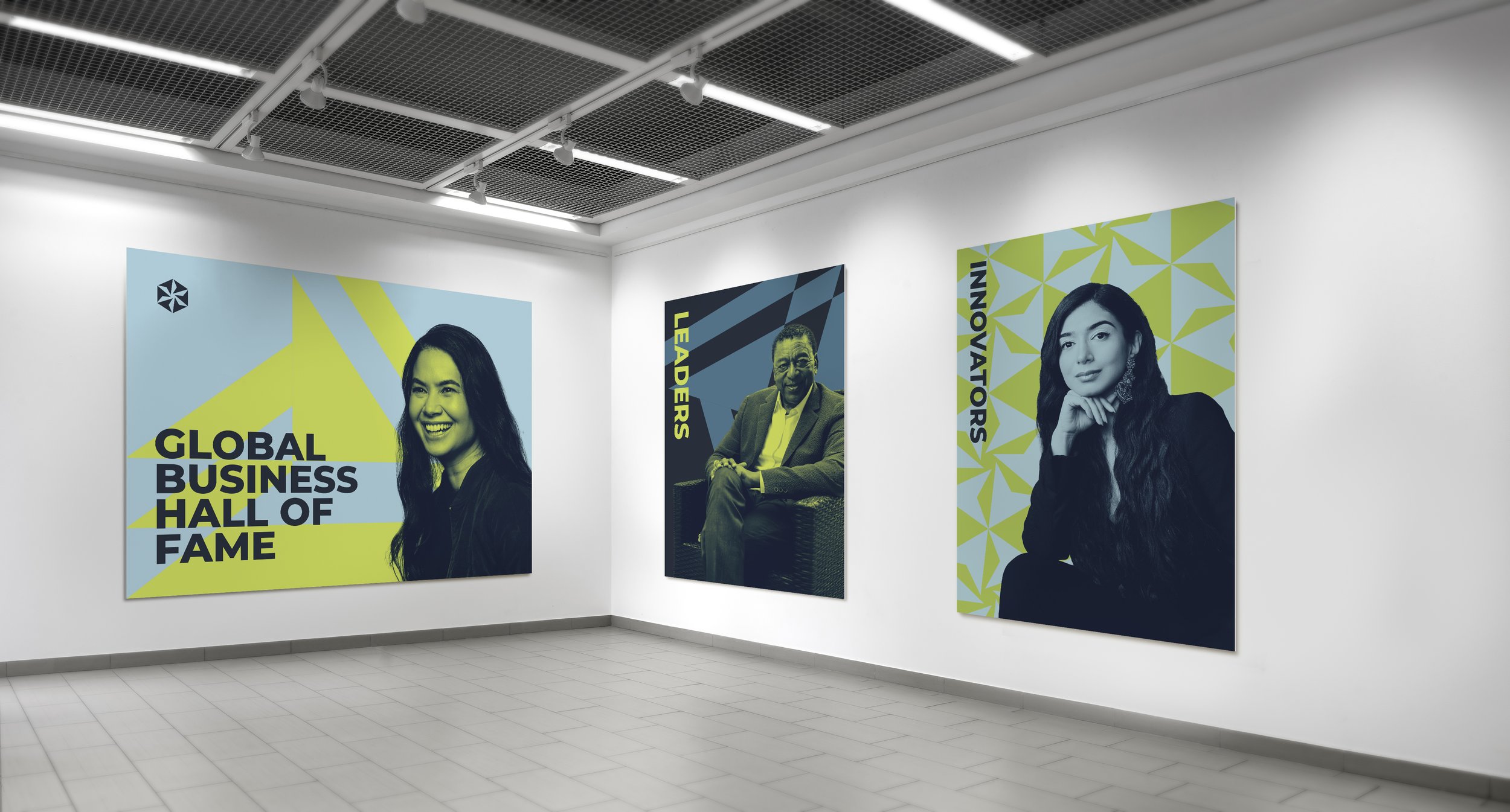
1996 Laureate
Roberto
Goizueta
How does the Cuban-born son of sugar refiners lead the world’s largest beverage company to a 3,500% market value increase? Ask Roberto Goizueta. After he graduated from Yale, Roberto took a job as a bilingual chemical engineer in a Coca-Cola bottling plant in Cuba. Forced to flee in 1959 with only pocket change and a job with Coke, Roberto worked his way up the ladder and eventually became CEO.
-
1931
Born (Cuba)
-
1954
Began lifelong tenure at Coca-Cola Company, working as a chemical engineer
-
1959
Fled Cuba under Castro's regime
-
1981
Appointed CEO of the Coca-Cola Company
-
1998
Inducted into the Global Business Hall of Fame
Roberto was born to a prosperous family in Cuba in 1931. His family ran a sugar mill and he was educated both in Havana and Connecticut, USA. After graduating from Yale University with a degree in chemical engineering in 1953, Roberto, his parents’ only child, returned to Cuba to work in his family’s business. But one year after his return, he took a position with the Coca-Cola Company at a bottling plant, filling an open chemical engineering position.
With Fidel Castro’s rise to power in the late 1950s, the government seized the assets of many of the country’s upper- and middle-class families. Concurrently, Coca-Cola’s operations in Cuba were nationalized. With only US$40 in his pocket, 100 shares of Coca-Cola stock, and his job with the company, Roberto, his wife Olguita, and their three children fled Cuba for the United States. Roberto worked in Miami for a time before relocating to Nassau, Bahamas, and finally, in 1964, relocating to Coca-Cola headquarters in Atlanta, Georgia, USA. At Coca-Cola headquarters, Roberto caught the eye of former company president and Chairman of the Board Robert Woodruff. The 91-year-old chairman of the company’s finance committee mentored Roberto and spent a great deal of time with him, gaining the attention of other company leaders. In 1981, Roberto was appointed CEO of the Coca-Cola Company. From 1981 until the end of his tenure in 1997, Roberto increased Coca-Cola’s market value from US$4 billion to US$145 billion, an increase of 3,500%, recovering seamlessly from the New Coke campaign.
In addition to creating tremendous financial value, Roberto transformed the corporate culture at the Coca-Cola Company. He was always on time, if not 15 minutes early, started his days at the crack of dawn, and was always impeccably dressed. Other priorities of Roberto’s included the following:
Know your priorities
Don't be afraid to look foolish
Treat return on capital as gospel
Take calculated risks Recover from disaster
Understand politics and networking
Maintain a scientific viewpoint
Know the superpower of incentive
Keep things simple
He believed in stewardship, always aiming to leave things better than he found them and established a sense of trust and consistency in the company. His belief in truth and integrity were also well known and felt throughout the Coca-Cola Company.
“If you think you are going to be successful running your business in the next ten years the way you did in the last ten years, you’re out of your mind. To succeed, you have to disturb the present._______
“If you take risks, you may fail. But if you don’t take risks, you will surely fail. The greatest risk of all is to do nothing.
”
A Global Force for Good
Roberto Goizueta established The Goizueta Foundation in 1992 to provide financial assistance to educational and charitable organizations, challenging them to think about education in innovative, strategic ways as a catalyst for creating life-changing opportunities for individuals and communities. Since its inception, the Goizueta Foundation has partnered with more than 85 organizations through 555 grants, totaling more than US$386 million. In addition, Roberto’s financial gifts throughout his lifetime included endowments to Emory University, which renamed its business school in his honor in 1994.


